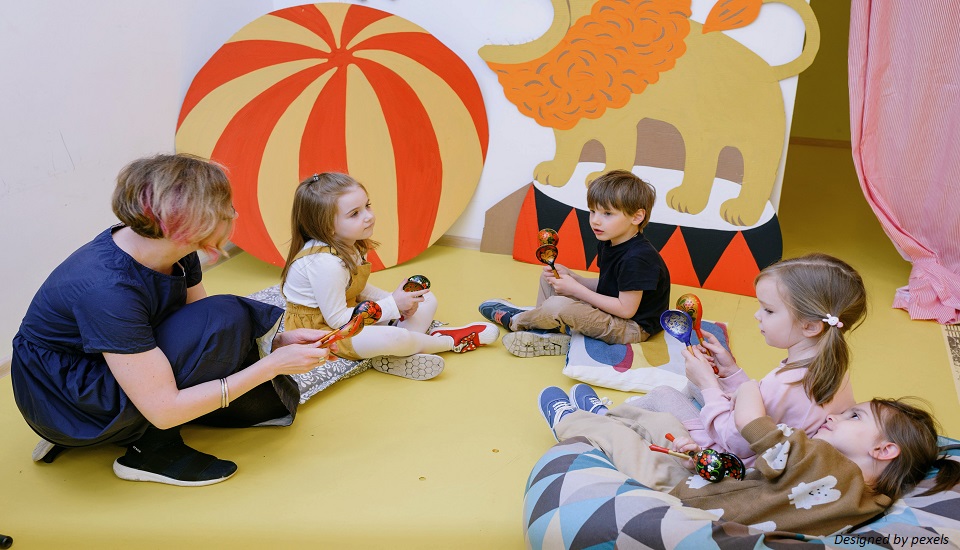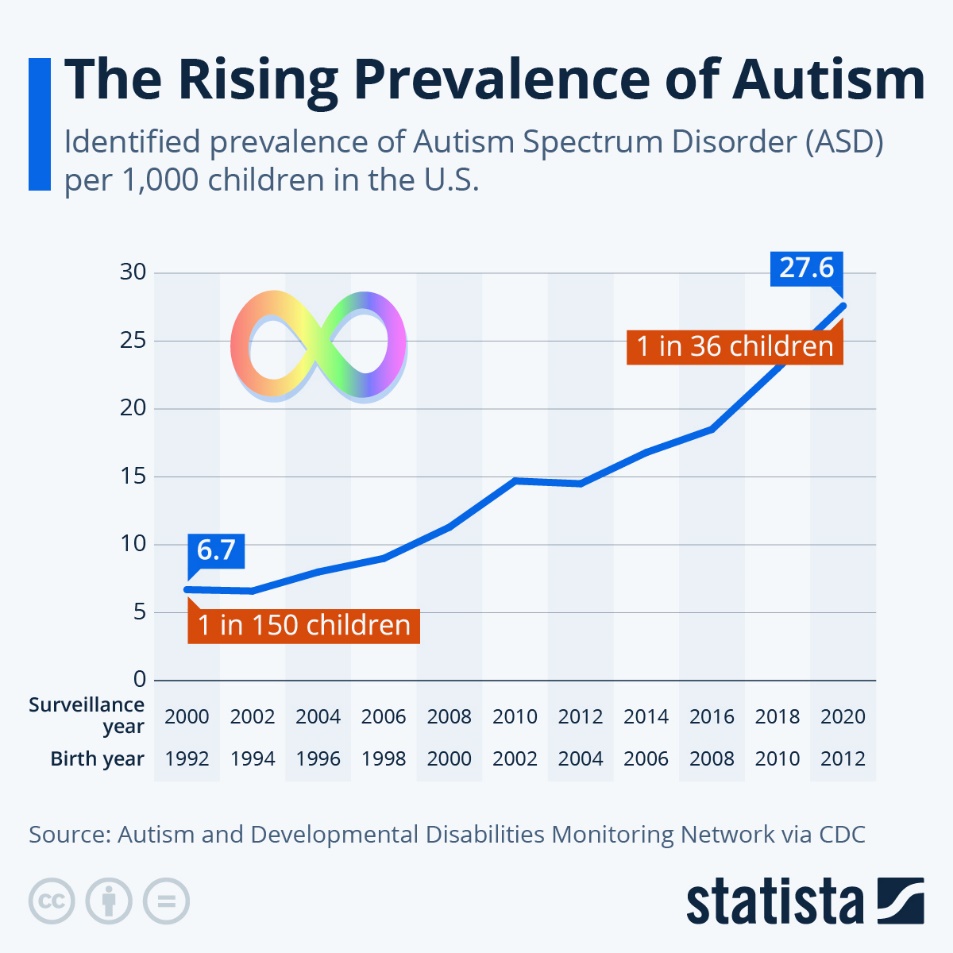
5 Factors To Consider While Choosing the Right Childcare Setting for Your Autistic Child
Ensuring the well-being and success of your autistic child in a childcare or after-school setting involves considering various factors. The chances of finding an affordable, safe, supporting, and accepting childcare setting can be one in a million. However, no setting is perfect, but by paying attention to key elements, you can enhance your child's experience. Studies reveal that after-school and daycare programs can be a great experience for children with autism spectrum.
What Are The Types Of Childcare Options Available?
While embarking on your search journey for the best facility, you need to be aware of the different types of available options out there.

Here are some types of childcare options you might encounter:
- Free Programs From Schools
If your child is under 6 and is diagnosed with autism, your state might offer fee programs. Such programs might run only a few hours a week during an active school year. Your child might also be eligible for the Extended School Year (ESY) services where they can get additional support during the breaks to maintain the progress.
- Preschools And Daycares
If your child is super young and enthusiastic, they can be accommodated in a typical preschool or daycare. At this age children are still developing their language, social, and cognitive skills, hence these settings are befitting for them. While you can expect your child to throw some tantrums, with qualified teachers holding a Master of Arts in Education with Special Education, you can expect your child's holistic growth.
- After School Programs
When your child gets older they might be in school for a major chunk of the day but they still need after-school programs. These can be tricky for autistic children above the age of 6 as they are expected to have skills that they might lack. Additionally, they are expected to manage their behavior and emotions which can be a little difficult and they might have meltdowns.
- Autism-Specific Programs
These programs of course have their pros and cons. On one hand, they offer an excellent chance for your child to grow be safe, and be cared for. And since they are settings curated specifically for autistic children, it is highly unlikely that you might run into behavioral problems. On the other hand, these programs are usually expensive and can be inappropriate for a relatively high-functioning child.
Things To Look For In A Childcare Or After-School Setting
Here are a few factors you should consider before enrolling your child in a daycare, preschool, or after-school setting:
- Staff-to-Child Ratio
The staff-to-child ratio is very important, especially as the kids get older. There might not be as much supervision in some environments, which could affect how much assistance an autistic child needs. Seek environments that offer the greatest proportion of adults to children to guarantee sufficient guidance and support.
- Safety
A major concern for many children with autism is safety. Older children might find it difficult to anticipate potential risks, like entering a parking lot. Make sure all safety precautions are taken, such as having closed doors and alarms on doors that kids can open on their own. Make bathroom use policies clear and let staff know if they need to be accompanied.
- Structure
Most autistic children benefit from structured environments, but some after-school programs don't have enough structure. Look for programs that have a set timetable that includes breaks for homework, snacks, and free time. For children with autism, programs that are better organized tend to work better.
- Sensory Concerns
Sensory difficulties, such as sensitivity to bright lights and loud noises, are common in children with autism. Select environments that are conducive to the senses, such as incandescent lighting, and stay away from programs that emphasize team sports or echoing areas. Seek out settings with pillows, quiet areas, and sensory-friendly furnishings. Think about setting up a special area for relaxation with a kid-sized pop-up tent and recognizable sensory toys or movies.
- Support And Boundaries
It's critical to evaluate a childcare provider's capacity to provide both discipline and support when selecting one for a child with autism. Certain caregivers may have an innate ability to help children who require additional support, even in the absence of specialized autism training. Childcare providers must be attentive to a child's communication attempts, as some autistic children prefer to express themselves through behaviors over words. Talk about your child's communication style and make any necessary arrangements for punishment in advance.
Anticipate The Challenges And Plan Ahead
It is not easy to find the best setting for your autistic child. However, with the tips mentioned above, you will be able to know what to look for and refine your search. To know more about each setting and teaching methodologies you can equip yourself with relevant knowledge by pursuing a Master of Arts in Education with Special Education. This will allow you to learn a whole range of new developments and enable your child to have the best experience.
We believe education should be accessible for everyone. That’s why we don’t charge for our blogs. Find the right course that will help you in your career with us, contact us at 66-21055721. You can mail us at act@asiancollegeofteachers.com

